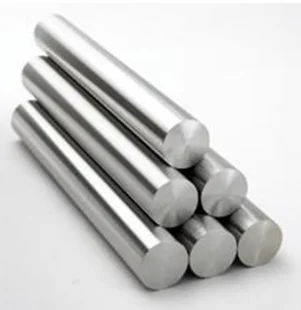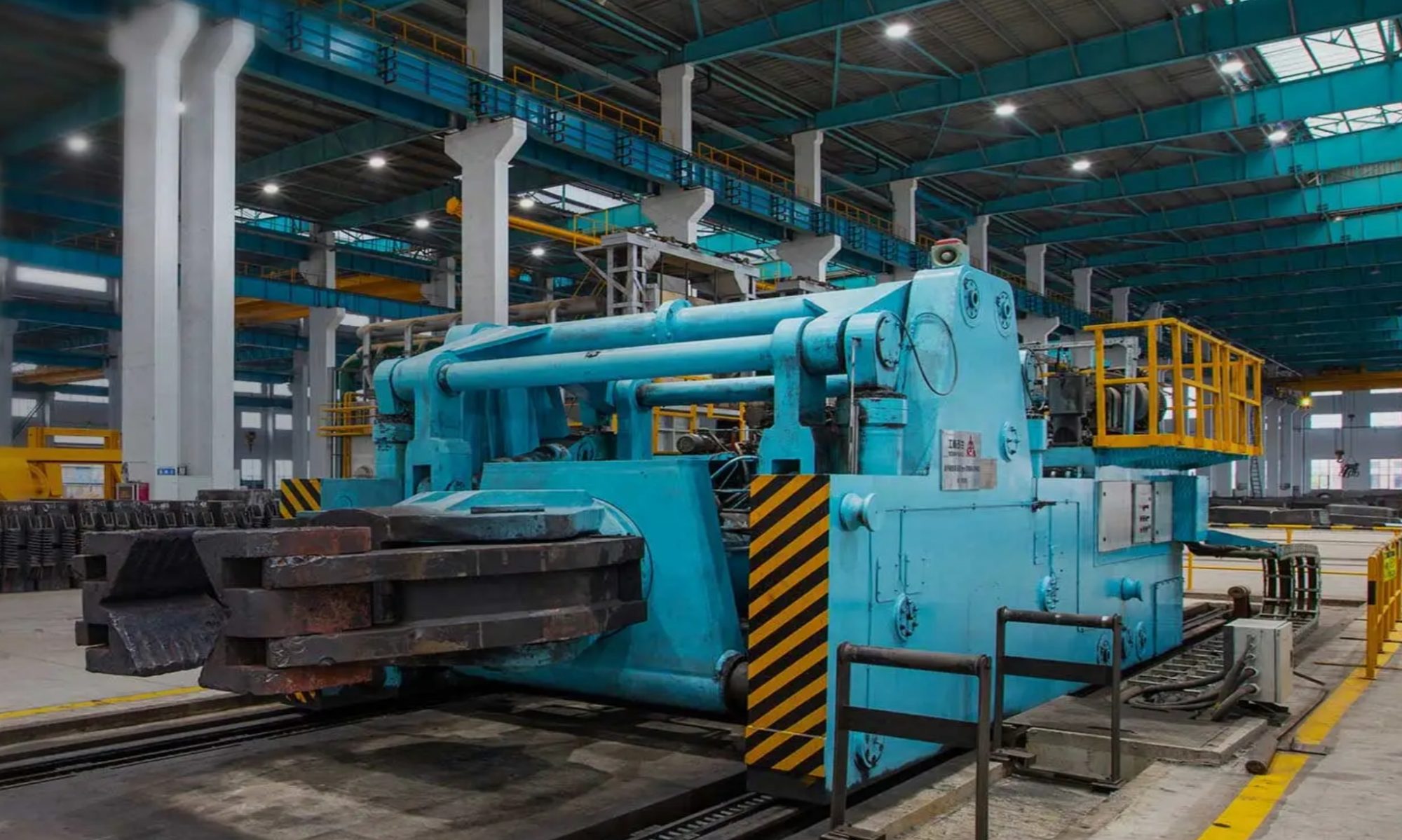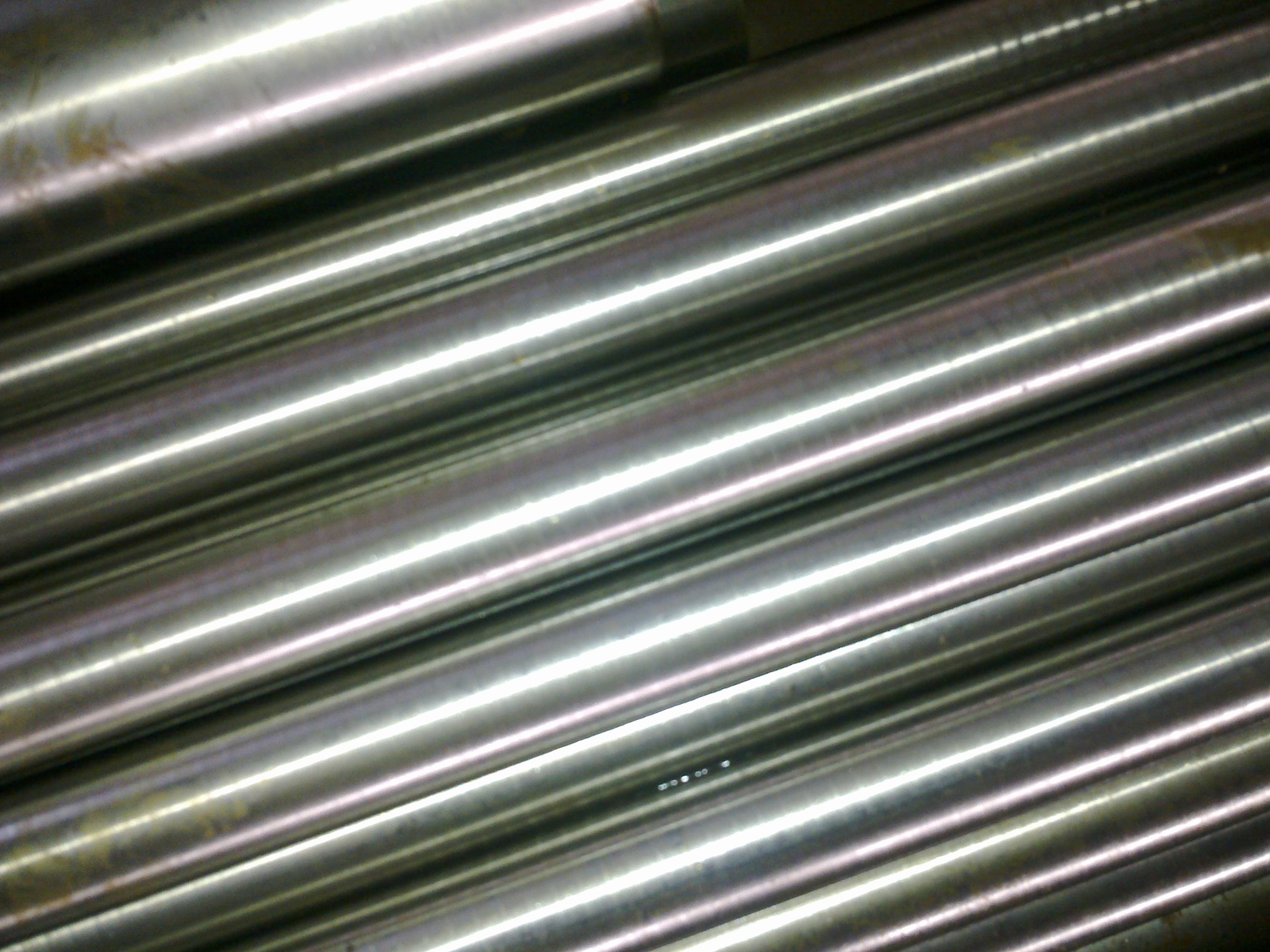Application:
High voltage bolts and nuts, crankshafts, camshafts, transmission axles, torsion bars, drive shafts, pump shafts, worm shafts, conveyor rollers, stems, pins, tie rods, clutch discs. Large-mass dies for hot stamping.1.6582 Steel is widely used in the aerospace industry for structural parts of flaps assembly, fuselage and landing gear, propeller plane axles.

Product Description:
1.6582 Steel is a heat treatable, low alloy steel containing nickel, chromium and molybdenum. It is known for its toughness and capability of developing high strength in the heat treated condition while retaining good fatigue strength. A very popular, versatile steel. It can be heat-treated to produce a wide range of tensile strength in moderate sections.
>>>Steel Grades

DIN1.6582,
SNCM439,
35NCD6,
38Ch2N2MA,
EN24,
817M40,
34CrNiMo6,
Standard: En10083
Heat Treatment:
Annealing: Heat to 800℃ – 850 ℃ , hold until temperature is uniform throughout the section and cool in furnace.
Flame or Induction Hardening: 1.6582steel can be further surface hardened by either the flame or induction hardening methods resulting in a case hardness in excess of Rc 50. Parts should be heated as quickly as possible to the austenitic temperature range (830℃ – 860℃ ) and required case depth followed by an immediate oil or water quench, depending upon hardness required, workpiece size/shape and quenching arrangements. Following quenching to hand warm, most components should be tempered between 150℃ – 200℃ to remove quenching stresses in the case. This will have little effect on case hardness.
Hardening: Heat to 830℃ – 860℃, hold until temperature is uniform throughout the section, soak for 10 – 15 minutes per 25 mm section, and quench in oil, water, or polymer as required.
*Temper immediately while still hand warm.
Nitriding: 1.6582 steel can also be successfully nitrided, giving a surface hardness of up to Rc 60. Nitriding is carried out at 490℃– 530℃, followed by slow cooling (no quench) reducing the problem of distortion. Parts can therefore be machined to near final size, leaving a grinding allowance only. The tensile strength of the core is usually not affected since the nitriding temperature range is generally below the original tempering temperature employed. N.B. Nickel is inert to the action of nitrogen and in general resists its diffusion into steel. This can result in lower case hardness or longer nitriding cycle times for steels containing nickel such as 1.6582 steel.
Stress Relieving: Heat to 600℃– 650 ℃, hold until temperature is uniform throughout the section, soak for 1 hour per 25 mm of section, and cool in still air.
Tempering: Re-heat to 450℃– 660℃as required, hold until temperature is uniform throughout the section, soak for 1 hour per 25 mm of section, and cool in still air. N.B. Tempering should be avoided if possible within the range 250℃ – 450℃ due to temper brittleness.
Notes on Heat Treatment: Heating temperatures, rate of heating, cooling and soaking times will vary due to factors such as work piece size/shape also furnace type employed, quenching medium and work piece transfer facilities etc.
Chemcial composition:
| Grade | C | Mn | P | S | Si | Cr | Ni | Mo |
| 1.6582 | 0.30-0.38 | 0.50-0.80 | 0.025max | 0.035max | 0.40max | 1.30-1.70 | 1.30-1.70 | 0.15-0.30 |
| Packing details | In seaworthy packing, as your requirement. |
| Delivery details | within 10-50 days |
Mill′s test certificate:
EN 10204/3.1 with all relevant data reg. chem. composition, mech. properties and results of testing.

